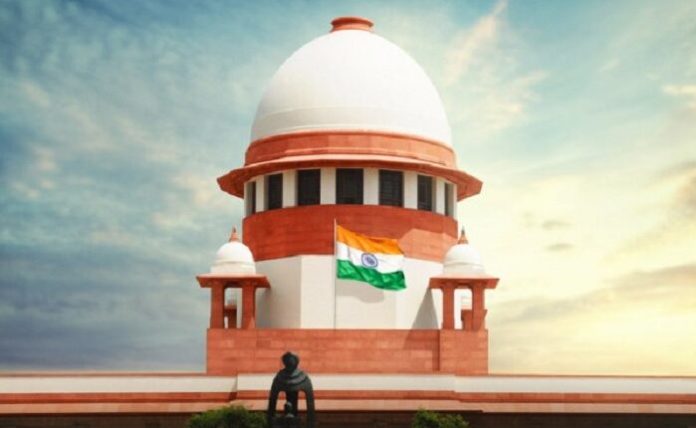New Delhi: As the Supreme Court continues to hear a series of petitions challenging the controversial Waqf Amendment Act, encouraging signs have emerged for the Muslim community. The apex court has raised pointed questions about several provisions of the amended law, particularly the inclusion of non-Muslims in Waqf Boards and the legitimacy of “Waqf by user.” The court has asked the central government to respond within a week, signaling its willingness to scrutinize the legislation with constitutional rigor.
These judicial observations have been welcomed by several Muslim organizations, who see the court’s intervention as a positive step toward protecting minority rights and the autonomy of Waqf properties, which hold deep religious and community significance in Islam.
However, the developments have sparked an aggressive backlash from right-wing groups and some political figures. Instead of engaging in constructive debate, these elements have launched an abusive campaign on social media, using deeply offensive language against the Supreme Court. Terms like “Supreme Kotha” and “Shariah Court of India” were trended on platform X , with calls to dismantle the institution—an alarming escalation that threatens the fabric of India’s democracy.
Vice President Jagdeep Dhankhar added fuel to the fire by making veiled remarks against the judiciary, stating that the court cannot act as a “Super Parliament.” His comments were quickly echoed by Hindutva-aligned organizations, who accused the court of being biased in favor of Muslims—a baseless and dangerous narrative aimed at undermining the rule of law.
Advocate Vishnu Shankar Jain, known for his temple litigation campaigns, also expressed resentment that Muslim petitioners were allegedly given priority in court, while Hindu-related petitions were redirected to High Courts. This selective outrage ignores the merit-based approach of the judiciary and reflects growing intolerance towards minority voices seeking justice.
Online, hateful rhetoric reached new lows as several users accused the court of being anti-majority and even branded prominent advocates like Kapil Sibal and Abhishek Manu Singhvi—who are representing Muslim interests—as traitors. These attacks not only threaten the independence of the judiciary but also attempt to silence legitimate concerns of the Muslim community regarding their religious institutions and constitutional rights.
Despite the noise, Muslim organizations and civil society groups have praised the Supreme Court for upholding its role as a guardian of justice. They remain hopeful that the ongoing hearings will result in the protection of Waqf institutions from arbitrary state control and ensure that minority rights remain intact in the face of growing communal pressures.




